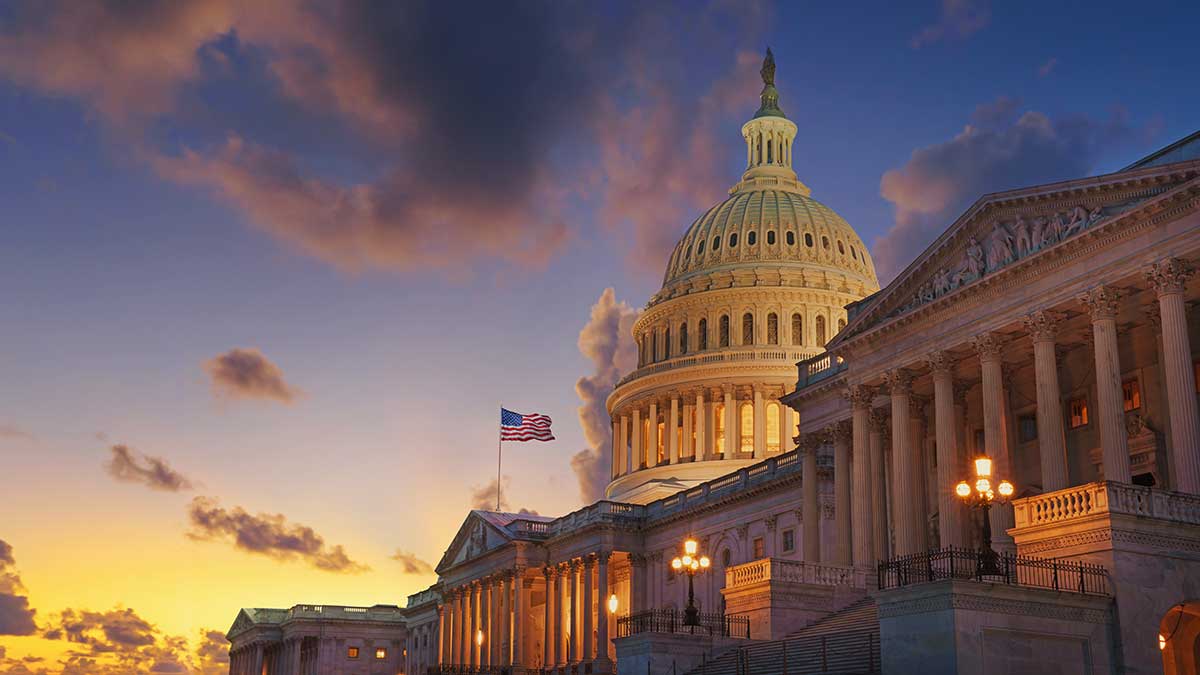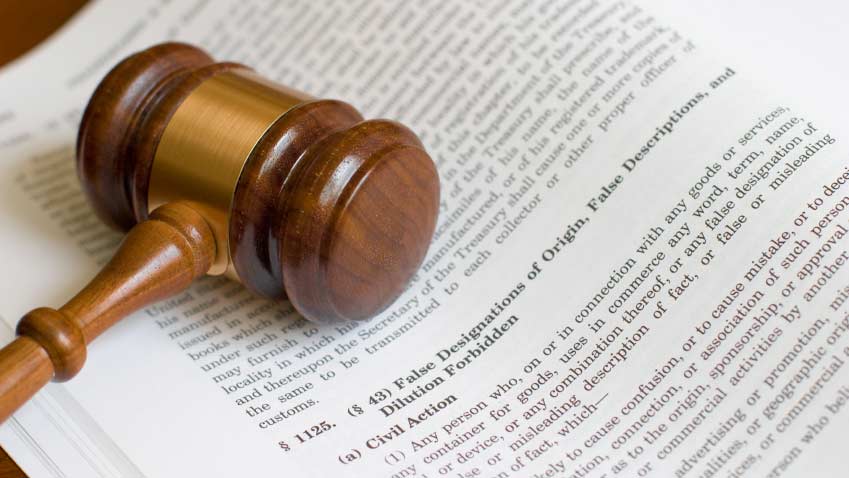Department of Political Science

Department of
Political Science
- RIT/
- College of Liberal Arts/
- Academics/
- Academic Departments/
- Department of Political Science
Overview
The Department of Political Science offers coursework and programs that are unique and innovative, integrating the traditional fields of American government, legal studies, and international relations in order to prepare you for a life and a career in an increasingly globalized world. You will study the ways in which governments address fundamental issues of power, justice, liberty, and order, as well as examine the impact of advances in science and technology on these themes. The department teaches not only the mechanics and strategies of the political process, but also examines limitations on government authority, and responsibilities of citizens.
45
political science courses
26
average class size
3
degree tracks: politics and the life sciences, digital politics and organization, and political institutions
Latest News
-
February 10, 2026

RIT College of Liberal Arts Announces Dean’s List for the Fall 2025 Semester
Three hundred and sixty College of Liberal Arts undergraduate students earned a spot on the fall 2025 semester dean's list, including 74 who are double majors with the college.
-
February 3, 2026

What's the War Powers Resolution?
Balancing Act With John Katko interviews Sarah Burns, associate professor in the Department of Political Science, about the War Powers Resolution.
-
January 12, 2026

Trump’s move on Venezuela is not only audacious, it’s also in direct conflict with MAGA
The Globe and Mail features comments from Eben Levey, assistant professor in the Department of History, and Sarah Burns, associate professor in the Department of Political Science. (This content requires a subscription to view.)
Featured Work and Profiles
-
Co-op & Internship Spotlight: First-hand Experience in Government and Policy
Through her internship at the U.S. House of Representatives, Kaitlin Sommer experienced the inner workings of national government up close. Working alongside Representative Joe Morelle’s team, she...
Read More about Co-op & Internship Spotlight: First-hand Experience in Government and Policy -
Meet Afnaan Qureshi, May 2025 Philosophy and Political Science Grad
He had always been an inquisitive and driven person, but at RIT, Afnaan Qureshi discovered that the study of philosophy ignited a special fascination and fueled his thinking in ways other disciplines...
Read More about Meet Afnaan Qureshi, May 2025 Philosophy and Political Science Grad -
RIT Alumna Takes on Top National Security Challenges
Brianna Alverson addresses national security challenges at the Johns Hopkins Applied Physics Laboratory. Her work on cyber threats and emergency preparedness help secure the nation.
Read More about RIT Alumna Takes on Top National Security Challenges -
Tech-Driven Liberal Arts Education Sparks Political Career
Luke Rydelek RIT graduate Luke Rydelek reflects on how his tech-driven liberal arts education fueled his political journey, blending technology and advocacy for career success.
Read More about Tech-Driven Liberal Arts Education Sparks Political Career -
Internship Puts Student Closer to Goals of Advocacy and Change
Kaitlin Sommer, a dedicated political science student at RIT, gains invaluable experience interning with U.S. Rep. Joseph Morelle in Washington, D.C., where she combines her personal advocacy with...
Read More about Internship Puts Student Closer to Goals of Advocacy and Change
Undergraduate Programs
Students take coursework that examines the general themes of political science and explores the impact of globalization, advances in the life sciences, and the use of information technology in today’s political arena. Program electives allow you to further examine American politics, international relations, and comparative politics, which provides an integrated national and global political perspective. The degree program is flexible enough to accommodate a double major and offers options for a 4+1 BS/MS in science, technology and public policy or a 4+1 BS/MBA through Saunders College of Business.
RIT’s Political Science BS integrates the fields of government and international relations to prepare you to become a principled leader and responsible citizen.
Learn more about the Political Science BS programMinors and Immersions
Students are introduced to the fundamental principles, institutions, and issues of American government. In addition, the strengths and limitations of American constitutionalism are emphasized throughout and current political and policy questions facing the country are examined. The overarching intention of the immersion is to give students the necessary tools to deliberate upon the political questions of the day and to actively participate in the political process.
Learn more about the American Politics Immersion programStudy the basic principles and institutions of the American political order and their implications for current political practice. The strengths and limitations of American constitutionalism are emphasized throughout and contemporary political and policy questions facing the country are examined.
Learn more about the American Politics Minor programAn immersion in cyberpolitics allows students to explore linkages between politics and technology, particularly in cyberspace. Connections include the politics of network effects, cyberspace and extremism, the ethical implications of cyberwar, computing and the digital space as disruptors of traditional governance, the political implications of artificial intelligence, and more.
Learn more about the Cyberpolitics Immersion programA minor in cyberpolitics enables you to explore linkages between politics and technology, particularly in cyberspace. Connections include the politics of network effects, cyberspace and extremism, the ethical implications of cyberwar, computing and the digital space as disruptors of traditional governance, the political implications of artificial intelligence, and more.
Learn more about the Cyberpolitics Minor programThe international relations immersion combines the study of the complexities and shifting trends of international politics with the study of the global system. Particular emphasis is placed on the interactions and interconnectedness of nation-states at the international level and other participants in international affairs, such as international organizations, non-governmental organizations, sub-national entities, and individual citizens. Global issues studied include democratization, international and regional conflicts, terrorism, international trade and economic integration, economic development, international law and organizations, and human rights.
Learn more about the International Relations Immersion programThe international relations minor helps students to make sense of the world through exploring ideas that have shaped it. Students explore the thoughts of various thinkers and approaches to international relations and use these perspectives to understand key themes in world politics. Important topics include democratization, globalization, terrorism, war and peace, human rights, and international law. Students reflect upon the interplay between domestic and international politics and how changes in the world order affect the internal politics of various countries.
Learn more about the International Relations Minor programThe political science immersion emphasizes the interdependence of domestic politics and international relations in the age of globalization. The immersion brings together components of American politics, international relations, and comparative politics to provide students with both national and global perspectives on politics. Perhaps most important, the political science immersion seeks to help students make sense of the increasingly complicated political environment that confronts them in their role as citizens.
Learn more about the Political Science Immersion programThe political science minor emphasizes the interdependence of domestic politics and international relations in the age of globalization. The minor brings together components of American politics, international relations, and comparative politics to provide students with both national and global perspectives on politics. Perhaps most important, the political science minor seeks to help students make sense of the increasingly complicated political environment that confronts them in their role as citizens.
Learn more about the Political Science Minor program











